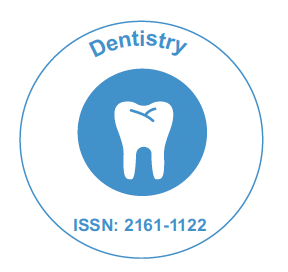The Eff ect of Ozone Gel on Bone Matrix Production by Human Osteosarcoma Cell Line Saos-2
Pao-Li Wang1)*, Yoichi Tachi2)*, Kazuya Masuno1), Nobutaka Okusa3) and Yasuhiro Imamura4)
1) Department of Innovation in Dental Education, Osaka Dental University, Osaka, Japan
2) Laboratory of Nutritional Physiology, Tokyo Kasei University, Tokyo, Japan
3) Department of Forensic Dentistry, Osaka Dental University, Osaka, Japan
4) Department of Dental Pharmacology, Matsumoto Dental University, Shiojiri, Japan
(Accepted for publication, April 20, 2018)
Abstract
Ozone is currently being considered as a potential oral antiseptic agent because it is highly antimicrobial and does not induce microbial resistance. In this study, we demonstrated that an optimal dosage of ozone gel enhanced the proliferation, type 1 collagen production, and alkaline phosphatase (ALP) secretion of Saos-2 cells in vitro. Proliferation of Saos-2 cells was assessed by MTT and DNA synthesis assays. Type 1 collagen production and ALP secretion were evaluated using enzymelinked immunosorbent assay (ELISA) and ALP assays. The cells were treated with/without 0.05, 0.5, 5 ppm ozone gel for 24 h. Ozone gel (0.5 ppm) signifi cantly induced the proliferation of Saos-2 cells. At this concentration, ozone gel enhanced type 1 collagen production and ALP secretion. The results indicated that ozone gel controls the cellular metabolism of osteoblasts, resulting in the secretion of early bone-related biomarkers.
Read more




